A journalist is a person who gathers and disseminates* information about important things happening in the world.
This information can be shared through newspapers, magazines or other publications, on the Internet, on television, or on the radio.
There are many different kinds of journalists.
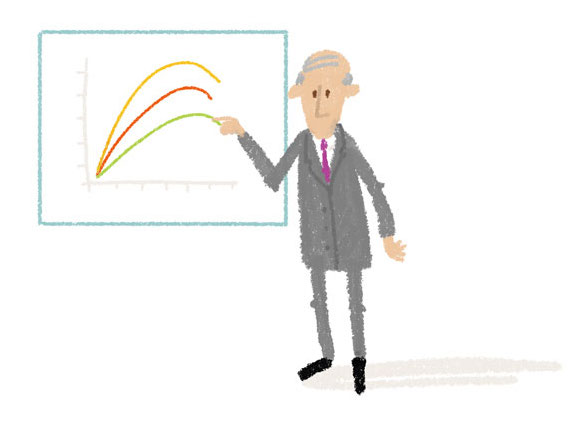
Some journalists are reporters, which means they report the news and share facts.
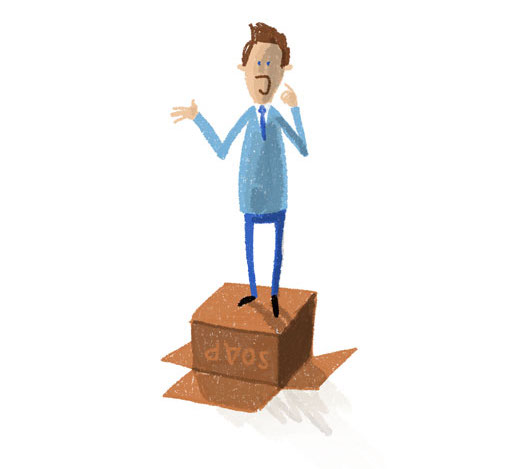
Some journalists write columns, where they share their opinions.
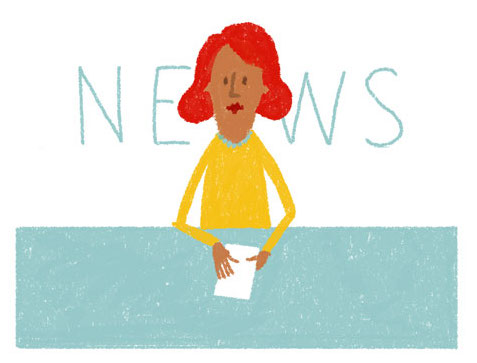
Some journalists present television or radio programmes.

Some journalists take photographs or videos.

Some journalists share information, opinions, photos or videos online, through blogs or on social media platforms.
Journalists work all around the world.
In some countries, governments protect journalists and allow them to work freely.
In other countries, governments attempt to frighten journalists or make it very difficult for them to do their jobs. Some countries have many journalists in jail.
All countries that are members of the United Nations have promised to respect the rights to freedom of expression and freedom of information.
This means that everyone has the right to seek, receive, and share information and ideas of all kinds, and to express their own opinions. Most countries also have their own laws that further guarantee these rights.
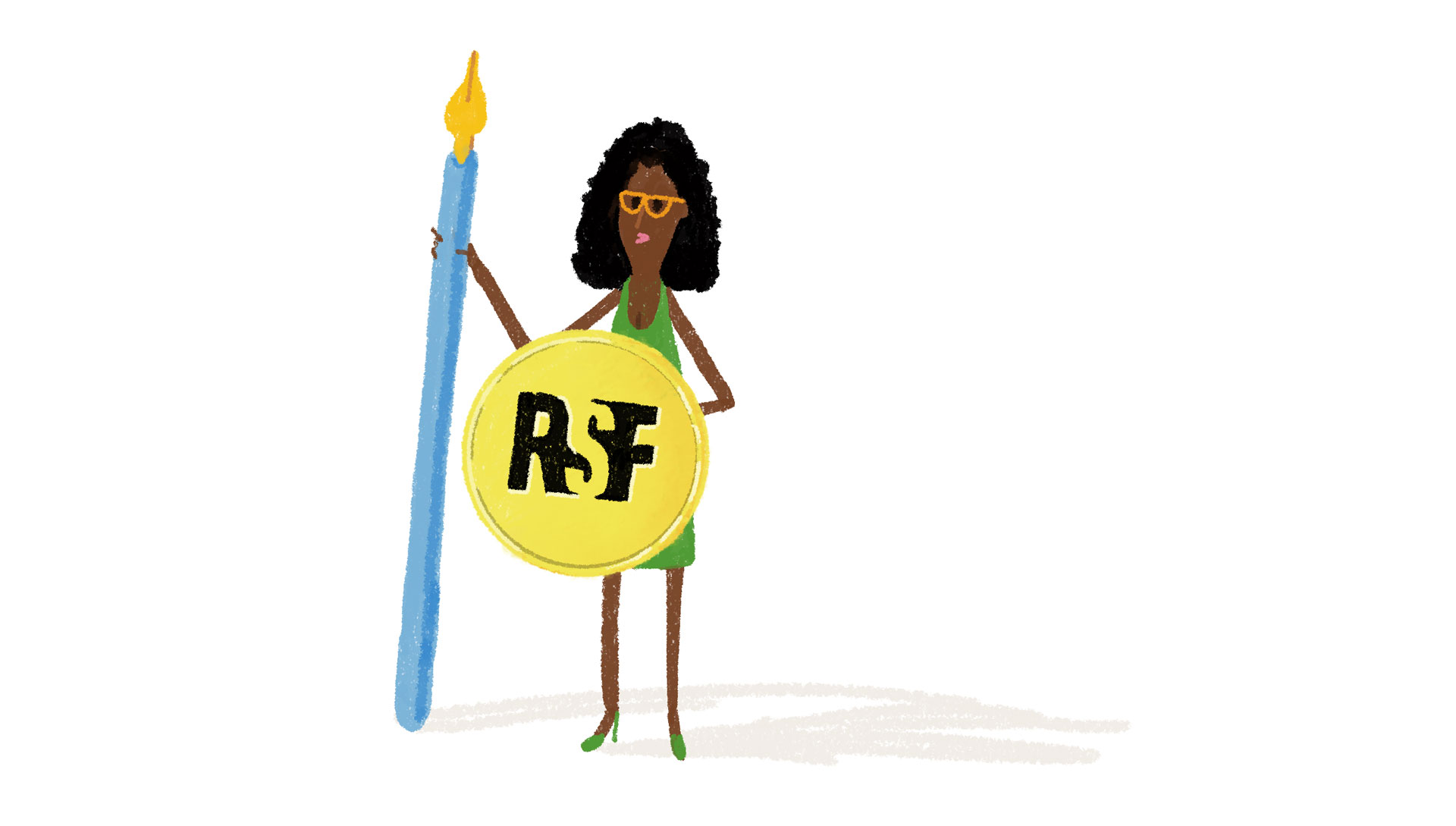
Organisations like Reporters Without Borders watch closely to make sure that governments respect these rights and that journalists are able to do their jobs safely and freely.
No country in the world has a perfect record. When governments do not allow journalists to do their jobs freely, they violate journalists’ rights, but they also violate everyone’s rights.
The public needs full access to information to be able to make informed decisions and hold their governments to account. Without freedom of information, governments can get away with many other violations.
Some journalists work in very dangerous situations, such as war. They take great risks to get information to the rest of the world about what is happening. Sometimes journalists are injured or even killed covering wars.
Even in countries that are not at war, journalists can face danger.
Sometimes journalists report information that very powerful people want to keep secret. This might include information about money those people have stolen, property they want to keep hidden, or laws they have broken.
Investigative journalists often do this kind of reporting.
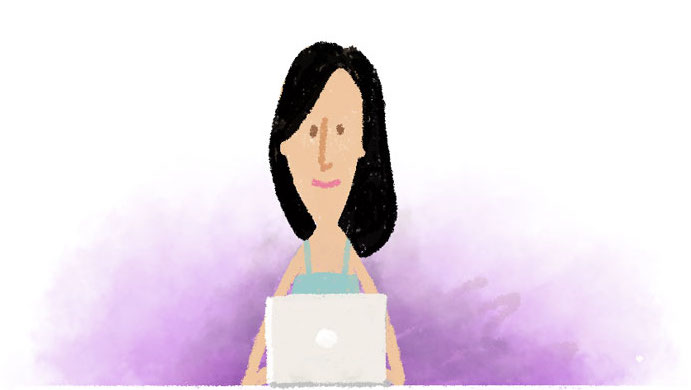
Daphne Caruana Galizia was a very courageous investigative journalist. She reported many stories that made powerful people angry. This was information that the people in her country, Malta, had a right to know and was important to publish.